Say goodbye to orofacial myofunctional
disorders and embrace a brighter tomorrow
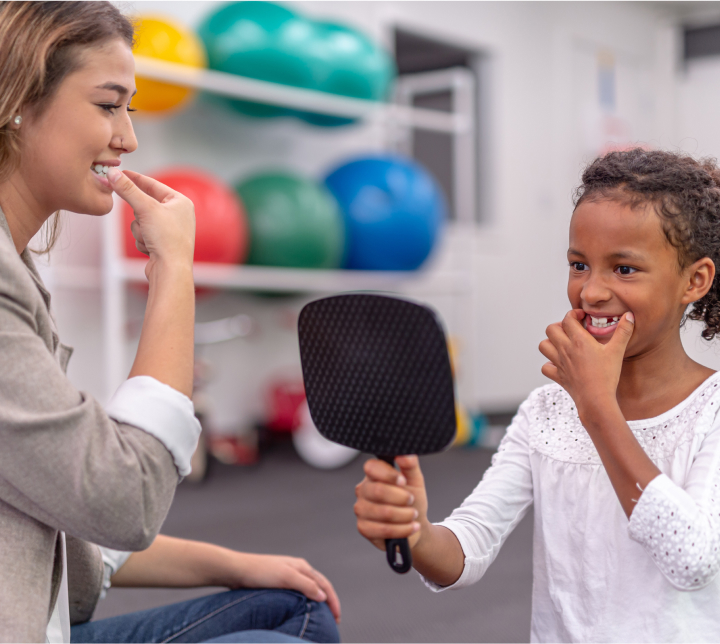
Orofacial myofunctional disorders (OMDs) are a group of disorders that affect the muscles and functions of the mouth, face, and neck. OMDs are caused by a variety of factors, including e.g. genetic predisposition, poor oral habits, trauma and improper development of the orofacial musculature (Ray, 2006) .
OMD may begin with the first breath or breast feeding, becoming apparent whilst learning to speak. Most children with OMD are diagnosed with sleep‐disordered breathing or malocclusion (D’Onofrio, 2019). Orthodontic relapse, obstructive sleep apnea or temporomandibular disorder or even malformation of the development of the skull are predictable consequences of long‐term oral dysfunction and OMD (D’Onofrio, 2019). Studies showed that up to 90 % of the children are facing the one or the other form of OMD’s (Grabowski, Kundt and Stahl, 2007). OMD’s do not stop by teenagers, also adults and seniors are suffering from OMDs

Common OMDs include tongue thrusting, improper swallowing, bruxism (grinding teeth), mouth breathing or hypersalivation and other symptoms.

OMDs have a negative influence on social life as they can affect the appearance and function of the face, mouth, and teeth. People with OMDs may have difficulty speaking clearly, eating, and drinking, which can lead to anxiety, depression, and social isolation. They may also be self-conscious about their appearance, particularly if their OMD affects their facial symmetry or dental alignment.
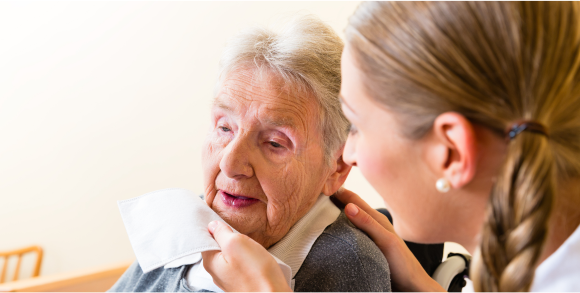
Furthermore, OMDs can have long-term effects on oral and overall health. For example, improper swallowing can cause food and liquid to enter the airways, leading to respiratory problems. Bruxism can cause tooth wear and damage, leading to dental problems, pain attacks and headaches. Mouth breathing can lead to dry mouth, caries, bad breath, and sleep apnea (D’Onofrio, 2019)– having an increased prevalence of up to 50% for adults (Koka et al., 2021).
Unlock the Swiss Secret for Orofacial & Myofunctional Disorders (OMD) with CODONIS LWZ!
Experience the Swiss touch in OMD care – CODONIS LWZ, your path to a natural smile!
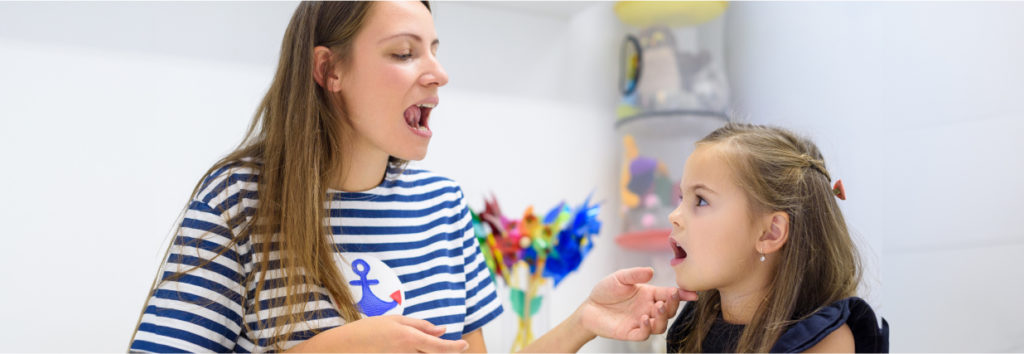
Is your child struggling with pacifiers, thumb-sucking, or other habits resulting in speech or swallowing issues?
Our therapists help children overcome speech issues. They also focus on correcting swallowing patterns, transitioning from infantile to adult patterns, preventing digestive issues.
Plus, we address concerns like hypersalivation and mouth breathing, promoting healthy nasal breathing.
Give your child the best start in life with Craniofacial Therapy and CODONIS LWZ – it is about more than just a beautiful smile!

Discover your true self and build strong social connections during this formative stage of life.
Addressing speech issues, like lisping, to prevent social exclusion, and improving breathing and tongue position for boosted self-confidence.

Your Face and Well-being Matter! Even the tiniest blemish can affect how we feel about ourselves and our interactions with others.
From minor breakouts to more challenging issues like drooping lips, facial paralysis, scars, and communication difficulties, we understand how these concerns can impact your life.
Our approach involves a close partnership between you and our therapist. Together, you work towards positive change and recovery. Commitment to regular exercises with the CODONIS LWZ, as recommended by our therapist, is key to achieving the best results.
We know it is not always easy – patience is crucial. the therapy takes time, and we are here to support you every step of the way.
Identifying the root cause of your discomfort is our priority. Let us find solutions together for a healthier, happier you.
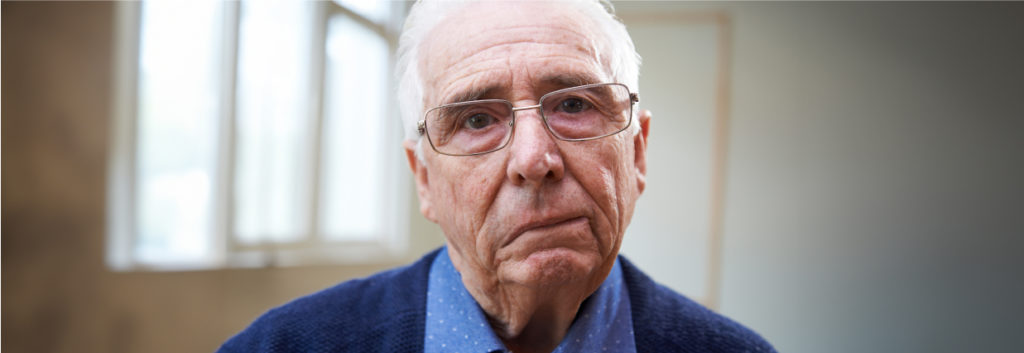
Maintaining a harmonious facial appearance is essential for building trust and fostering social connections. Issues like drooling or the inability to close one’s lips can pose challenges.
Conditions such as lip drooping, facial paralysis, scars, and difficulty in expressing oneself can affect daily life and eating habits. To address these concerns, a close partnership between you and your therapist is crucial.
Desiring positive change and consistent practice of therapist-recommended exercises with the CODONIS LWZ are key to achieving favorable outcomes. Patience is vital, as therapy takes time. Your therapist will provide support and guide you through the therapy journey.
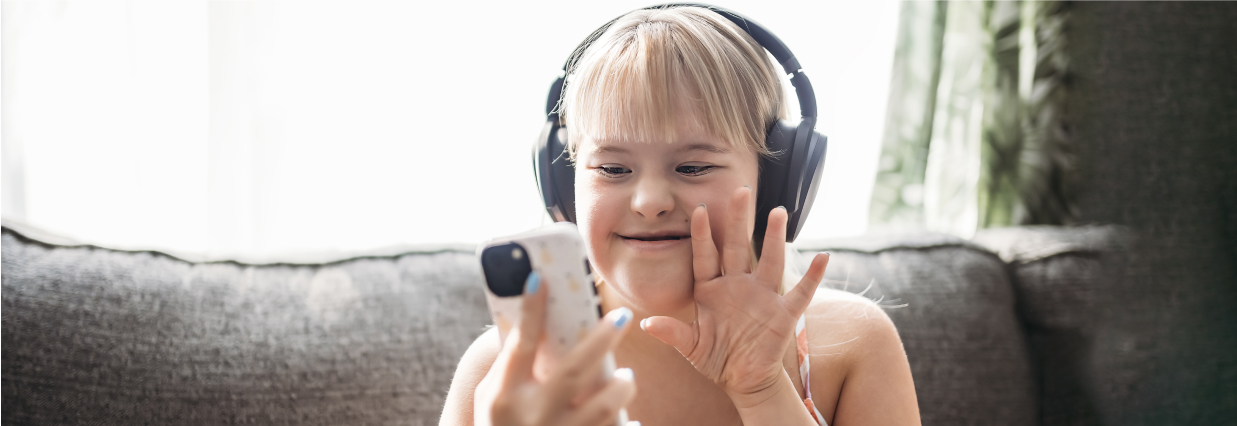
Empowering Parents of Loved Ones with Disabilities: Understanding Orofacial & Myofunctional Disorders
If you are a parent of a child with disabilities, you may be familiar with the unique challenges they face, including orofacial and myofunctional disorders. These conditions can affect anyone, including individuals with Trisomy 21 (Down syndrome) and other disabilities.
Orofacial and myofunctional disorders encompass a range of issues related to the mouth, lips, tongue, and facial muscles. People with disabilities may experience these conditions differently. Common challenges include:
The good news is that there are effective therapies available to address these challenges:
All of them supported by the CODONIS LWZ, your therapist has a powerful tool to support the therapy. As earlier you start the better it is for the development of your beloved ones.
Remember, every individual is unique, and therapy plans are tailored to the specific needs. Together, we can help our loved ones thrive and overcome orofacial and myofunctional challenges!
With your therapist’s guidance, a therapy plan tailored just for you is created. Your unique needs, our priority.
Wherever you are, simply insert the CODONIS LWZ for the prescribed time. No fuss, no hassle.
Close your lips and let the therapy begin. It is as simple as that!
Follow your plan faithfully. It is a journey with three phases: Build-Up, Peak, and Retaining. Your path to success!
Repeat the plan as needed, per your therapist’s expert recommendations. It is your key to your success.
CODONIS is a Swiss based company which develops and markets innovative and forward-looking medical products for logopedics, myofunctional therapy and dentistry.
Office:
Tramstrasse 99, 4132 Muttenz, Switzerland
Email:
contact@codonis.ch
VAT: CHE-316.119.424
Ahmad, M. and Schiffman, E.L. (2016) ‘Temporomandibular Joint Disorders and Orofacial Pain’, Dental clinics of North America, 60(1), pp. 105–124. Available at: https://doi.org/10.1016/j.
D’Onofrio, L. (2019) ‘Oral dysfunction as a cause of malocclusion’, Orthodontics & Craniofacial Research, 22 Suppl 1(Suppl 1), pp. 43–48. Available at: https://doi.org/10.1111/ocr.
Grabowski, R., Kundt, G. and Stahl, F. (2007) ‘Interrelation between occlusal findings and orofacial myofunctional status in primary and mixed dentition: Part III: Interrelation between malocclusions and orofacial dysfunctions’, Journal of Orofacial Orthopedics = Fortschritte Der Kieferorthopadie: Organ/Official Journal Deutsche Gesellschaft Fur Kieferorthopadie, 68(6), pp. 462–476. Available at: https://doi.org/10.1007/
Huber, Bettina (2017) Wirkungsweise des Lippen-Wangen-Zungen-Trainers (LWZ-Trainers) auf das infantile Schluckmuster (Pilotstudie). Master Thesis. Klinik für Mund -, Kiefer- und Gesichtschirurgie Universitätsspital Basel
Koka, V. et al. (2021) ‘Orofacial Myofunctional Therapy in Obstructive Sleep Apnea Syndrome: A Pathophysiological Perspective’, Medicina, 57(4), p. 323. Available at: https://doi.org/10.3390/
Pizolato, R.A., Freitas-Fernandes, F.S. de and Gavião, M.B.D. (2013) ‘Anxiety/depression and orofacial myofacial disorders as factors associated with TMD in children’, Brazilian Oral Research, 27(2), pp. 156–162. Available at: https://doi.org/10.1590/s1806-
Ray, J. (2006) ‘Orofacial myofunctional deficits in elderly individuals’, The International Journal of Orofacial Myology: Official Publication of the International Association of Orofacial Myology, 32, pp. 22–31.
Seemann, J., Kundt, G. and Stahl de Castrillon, F. (2011) ‘Relationship between occlusal findings and orofacial myofunctional status in primary and mixed dentition: part IV: interrelation between space conditions and orofacial dysfunctions’, Journal of Orofacial Orthopedics = Fortschritte Der Kieferorthopadie: Organ/Official Journal Deutsche Gesellschaft Fur Kieferorthopadie, 72(1), pp. 21–32. Available at: https://doi.org/10.1007/
Streff, Susanne (2017) Evaluation der Wirkweise des Lippen-Wangen-Zungen-Trainers auf die orofaziale Muskulatureine prospektive Pilotstudie bei Erwachsenen aus logopädischer Sicht. Master Thesis. Klinik für Mund-, Kiefer- und Gesichtschirurgie Universitätsspital Basel.
Sude, A. et al. (2021) ‘Temporomandibular Disorder Related Characteristics and Treatment Outcomes in Oromandibular Dystonia Patients in Two Different Clinical Settings: A Cross-Sectional Study’, Journal of oral rehabilitation, 48(5), pp. 542–550. Available at: https://doi.org/10.1111/joor.